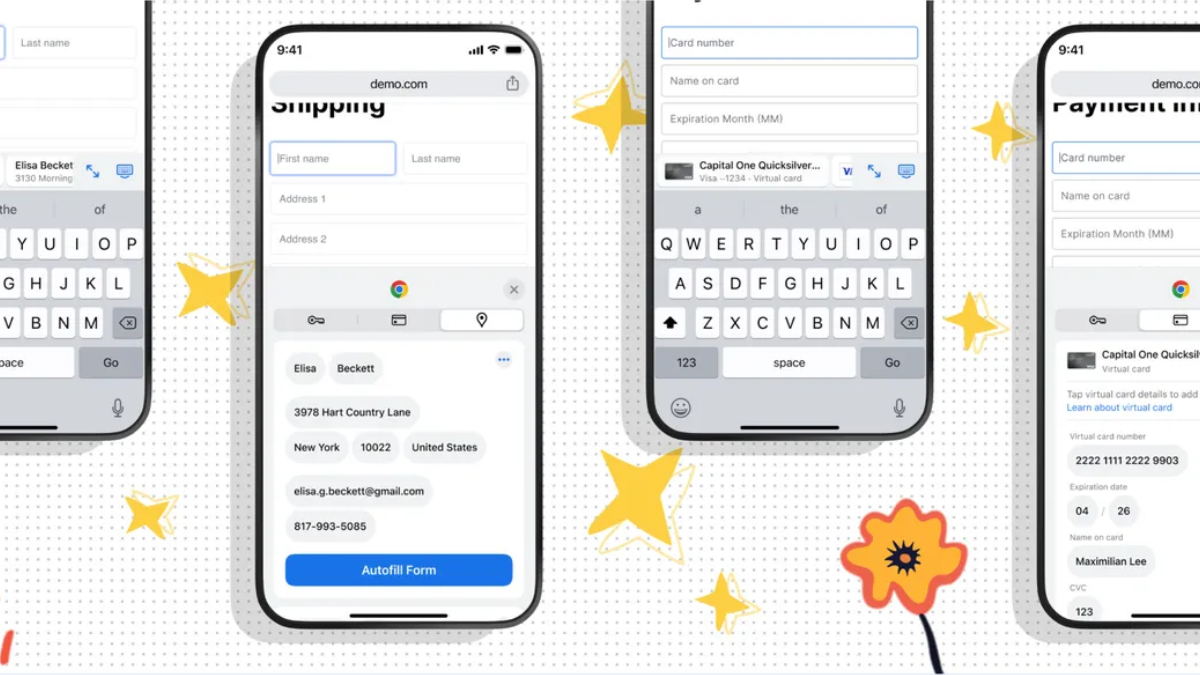Microsoft President Urges Govt to Update Its International Law, Says It Creates Lots of Conflicts
3 min. read
Updated on
Read our disclosure page to find out how can you help MSPoweruser sustain the editorial team Read more
Microsoft is not happy with many international laws, and it feels it only affects its ability to protect privacy and keep its customers safe. Brad Smith, President and Chief Legal Officer at Microsoft testified ahead of U.S. Congressional hearing this week. He urges the government to update its international standards.
Smith said that many of the international laws are conflicting and outdated. For instance, electronic privacy law is over 30 years old. “Unless governments change course and adopt a new and more international approach, we risk confronting a conflict of law on steroids. This conflict should concern more than lawyers and people in the tech sector.”
“We need to establish a modernized approach that enables law enforcement to work with our allies to fight crime jointly by sharing evidence quickly and efficiently through clear rules,” he added. “It also needs to protect people’s privacy in accordance with new principles that recognize the importance of a person’s nationality and their right to be protected by their own law. We need new solutions that are international in nature and reflect the way that current technology actually works … new solutions that will work not only for technology, but for people.”
Microsoft is eager to help governments, Smith noted, citing that the company provided French government information in the light of the Charlie Hebdo attacks in less than an hour. But this was an exception, Smith noted, and the government cannot always expect Microsoft to abide by all its requests. Smith also noted that the government needs to give companies leeway as they are serving customers, and their rights need to intact.
That’s where the other bottleneck lies. Sometimes one country’s law could create conflict with another country’s law. And in such situations, the concerned company doesn’t know what is the right thing to do. “[…] Because laws that are applied extraterritorially increasingly conflict with each other, a company trying to comply with the law in one country may be required to engage in actions that violate the law of another country.”
So what can be done? Smith said, “Congress has an opportunity to modernize the outdated laws that regulate governmental access to electronic communications today. In addition, Congress can play a critical role in addressing these issues at an international level, by encouraging the creation of an international framework that will provide a sustainable and modern approach to ensuring governmental access to electronic communications worldwide.”
You can read Smith’s testimony in its entirety here (PDF).









User forum
1 messages